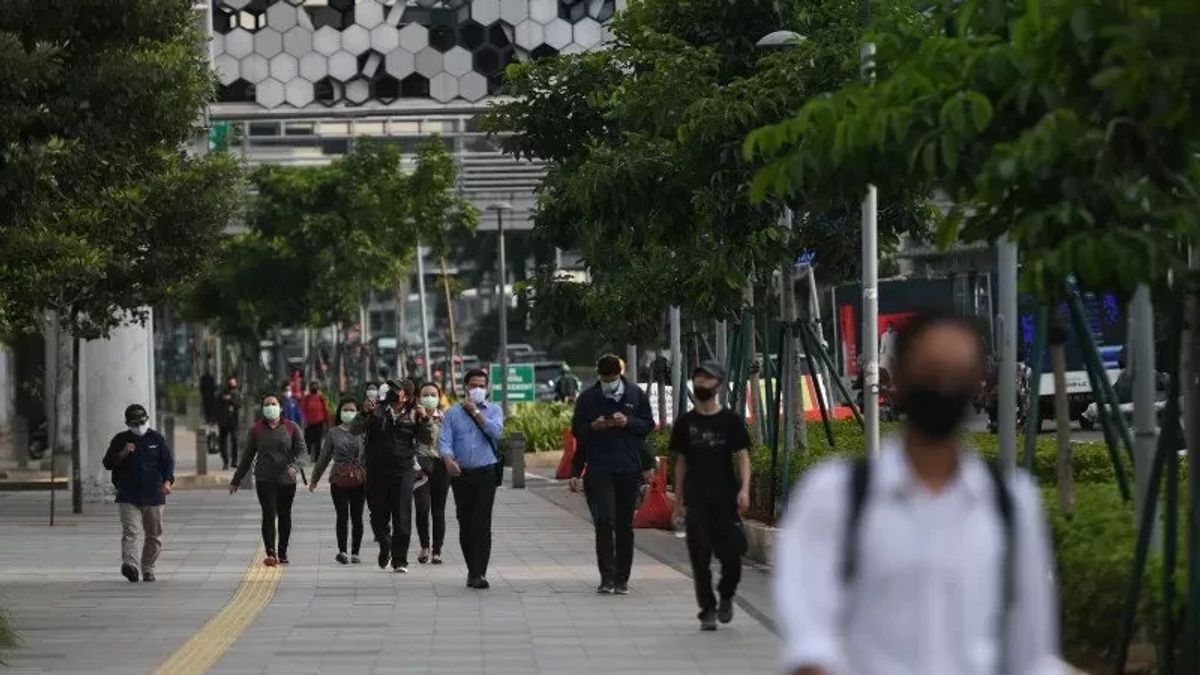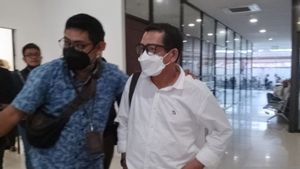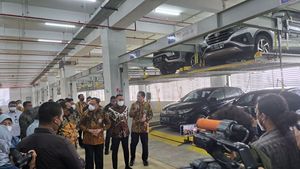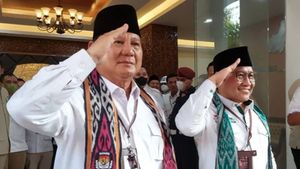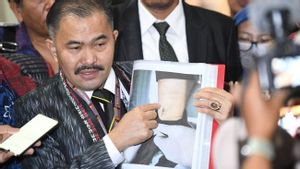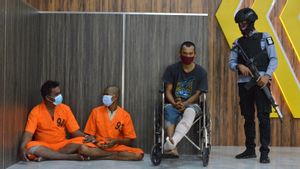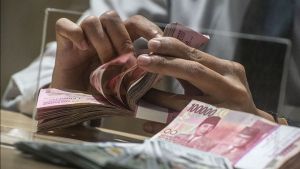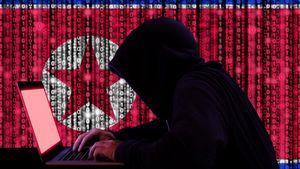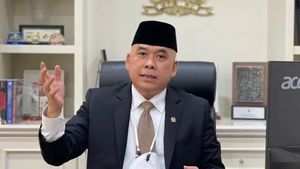JAKARTA - The Ministry of Health revealed that the proportion of Indonesian people who have antibody levels against SARS-CoV-2 that causes COVID-19 has increased to 98.5 percent based on the results of a serology survey or serosurvey in July 2022.
"The results of the serosurvey show an increase in the proportion of the population who have SARS-Cov-2 antibodies from 87.8 percent in December 2021 to 98.5 percent in July 2022", said Epidemiologist from the University of Indonesia (UI), Iwan Ariawan, through a virtual press conference which was attended by from Zoom in Jakarta, Thursday, August 11 afternoon.
He said the serosurvey was the result of the collaboration between the Ministry of Health and the UI Faculty of Public Health (FKM) Pandemic Team, which was the third time it had been conducted nationally, after previously being held in December 2021, March 2022.
The third serosurvey was carried out by revisiting 84.5 percent of the total 20,501 samples selected in 2021 through questionnaires to antibody examinations carried out in 100 cities/districts.
"From the map of respondents from the serosurvey spread throughout Indonesia. This will describe the antibody levels of the population in Indonesia", he said, according to Antara.
Iwan said the antibody levels possessed by 98.5 percent of Indonesia's population increased more than four times compared to December 2021 and July 2022.
"The median antibody levels increased from 444 units per mm, to 2,097 units per mm", he said.
SEE ALSO:
On the same agenda, UI epidemiologist Pandu Riono said the antibodies that people now have come from the government's COVID-19 vaccination program as well as natural antibodies obtained from the COVID-19 infection process.
"The survey results indicate or support the booster is very important", he said.
Pandu said that until now the coverage of the first booster dose has only reached 28 percent. This figure is still far from the desired target of 50 percent.
He encouraged the booster dose vaccination coverage to be completed first, then continue the second booster vaccination for the general public.
"Let's not think about the second booster first, let's finish the first booster", he concluded.
The English, Chinese, Japanese, Arabic, and French versions are automatically generated by the AI. So there may still be inaccuracies in translating, please always see Indonesian as our main language. (system supported by DigitalSiber.id)
